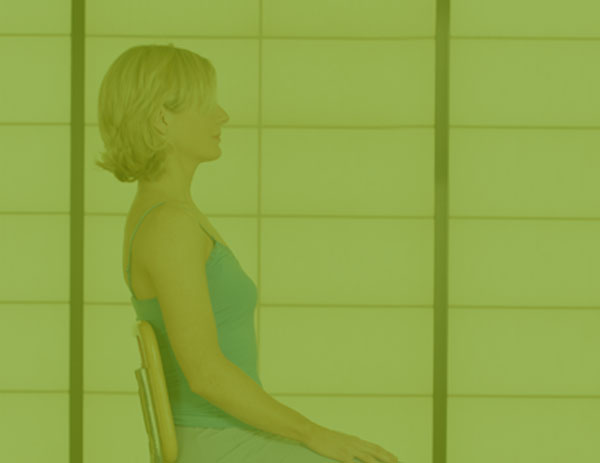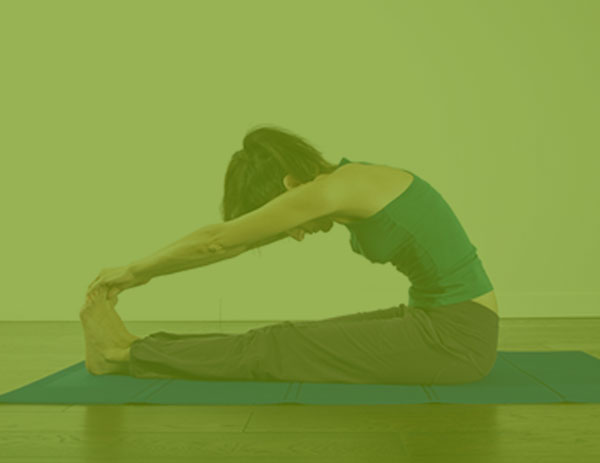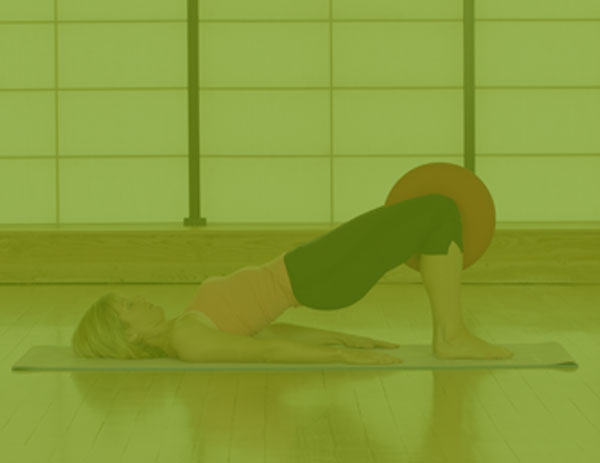



Are you tired all the time? Irritable? Do you have problems sleeping?
If so, you're not alone – but you may be feeling the effects of stress. Doctors estimate that more than 60 per cent of patient visits are caused by stress-related complaints.
But what is stress? Stress is the physical and mental tension you feel when you are faced with change – even a nice change, like a promotion, a new lover, or a new baby. Stress can attack your self-esteem and damage your self-confidence. Controlling stress is an important part of success in school, career, and relationships.

Remember, everyone gets stressed. It's a fact of life. Birth, death, marriage, divorce, work, unemployment, money troubles – they all have one thing in common: stress. But stress affects different people in different ways. The same event can be extremely stressful for one person, and a mere hiccup to someone else. And stress is not always a bad thing - some people thrive on stress, and use it to motivate themselves.
Stress is a problem only when a person feels they cannot cope. Put clinically, stress occurs when the demands made on a person exceed their ability to manage those demands. Stress in the workplace, for example, is a common problem, caused by many different factors – the attitude of a boss, the behaviour of a colleague, a promotion, demotion or being passed over.
Sometimes, stress can cause physical illness, and has been linked with a number of serious diseases, including cancer and heart disease . When we feel under stress, our body kicks into high gear to deal with the threat. Feelings of stress or anxiety instruct the nervous system to initiate the "fight or flight" response, which is characterised by shallow breathing, increased blood pressure and heart rate, and increased muscle tension. The longer we feel stressed, the greater the demand on our body.
Here are the early warning signs of stress…
ounds familiar? Ok, here's what you can do…
Over the last few years, we've heard a lot about the importance of exercising for health and fitness. But more and more busy people are finding that exercise can really help, too, with stress relief.
Ok – pay attention: here comes the science. Exercise helps alleviates stress by relaxing tense muscles and releasing endorphins, serotonin, dopamine and adrenaline – all natural chemicals that help give you that sense of well-being. Endorphins are the body's natural pain killers and activate the sensory perception of well-being. Increased serotonin, supplied by regular exercise, helps elevate your mood.
Or, put simply - the benefits of making time for exercising to relieve stress will repay you in added zip, a fresh view of your world, and possibly even better sleep.
If you're feeling stressed, please take the time to visit your GP. He may refer you to a chartered physiotherapist, who will help you manage the physical symptoms of stress – fatigue, muscular aches, back and neck pain. A skilled physiotherapist may use massage, acupuncture, heat treatment and various interferential and ultrasound treatments, to help you gain relief.
He or she will certainly also suggest regular exercise, relaxation, more sleep and a better diet.
Try these stress busters for yourself:
